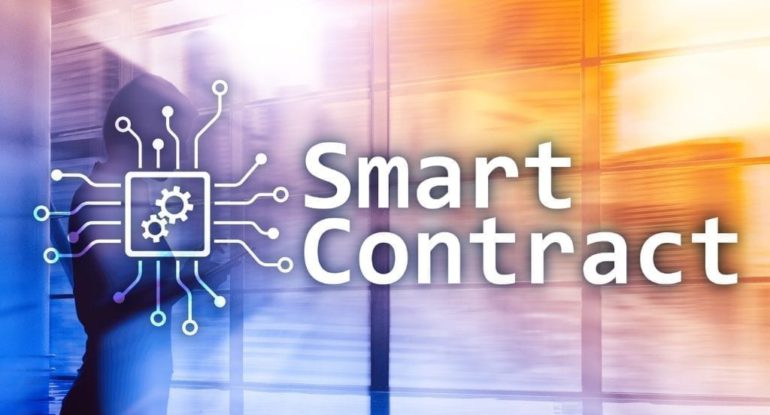Blockchain Smart Contracts got legally recognized at Iowa House

The Iowa House of Representatives passed a bill that recognizes registrations and transactions made via blockchain smart contracts. Earlier this month, the bill gained Senate approval.
According to the new bill, smart contracts will be given the same legal status as regular contracts. The distributed ledger technology will be seen as a reliable electronic store record.
The bill said that the smart contracts are not legal or property since it is a contract and contain a smart contract provision.
The bill also says that any owner will be valid by broadcasting on the blockchain network.
It clearly states that a person involved in interstate or foreign commerce uses distributed ledger technology to secure information.
The bill gained consent on March 29 and was passed through ease at the Senate.
Democratic Representative Steve Hansen said that the bill implementation would lead to broader cryptocurrency regulation.
Also, read – https://www.blockchainmagazine.net/smart-contract-examples-the-potential-of-smart-contracts-in-the-real-world/.
What are Smart Contracts
Smart contracts are nothing more than pieces of code carefully designed by programmers. The usage of a smart contract in a blockchain is beneficial because it is reliable, transparent, and irreversible. Smart contracts are executed automatically by the blockchain when all predefined conditions are met.
There’s a lot more to smart contract applications apparent at first sight. For example, they can regulate the health insurance sector to reduce fraudulent claims. Smart contracts could ensure that funds were released for health-related expenditures only when hospitals verified them on the blockchain to reduce the risk of insurance theft.
Another real-world example of a potential smart contract is transparent voting. Free and fair elections are the cornerstone of every democracy. Smart contracts can ensure that votes are counted accurately, not tampered with, and no technical manipulations can be made in favor of any party. Smart contracts could also make maintaining voter lists easier and their verification during elections faster.
Add a comment
You must be logged in to post a comment.




























































